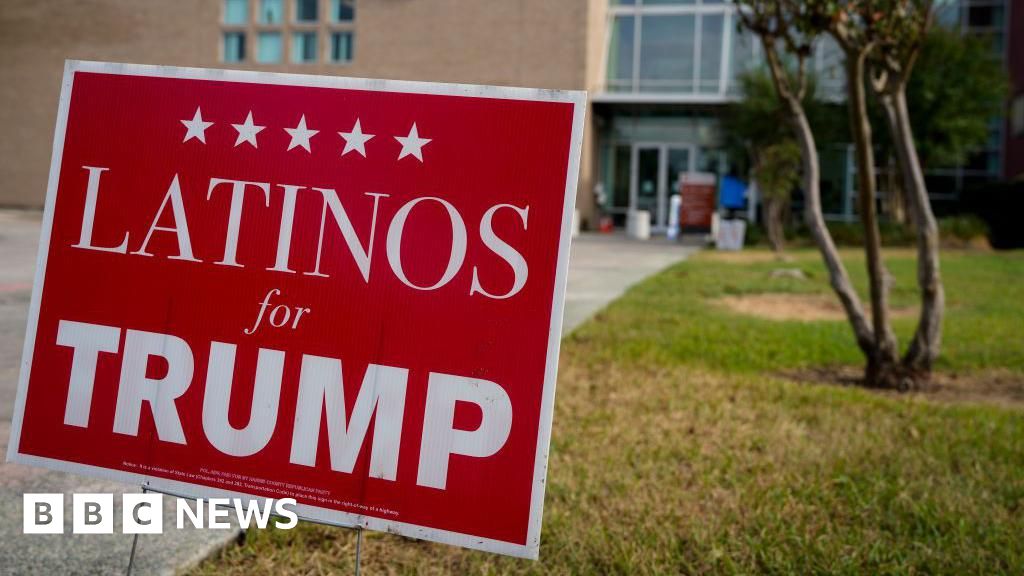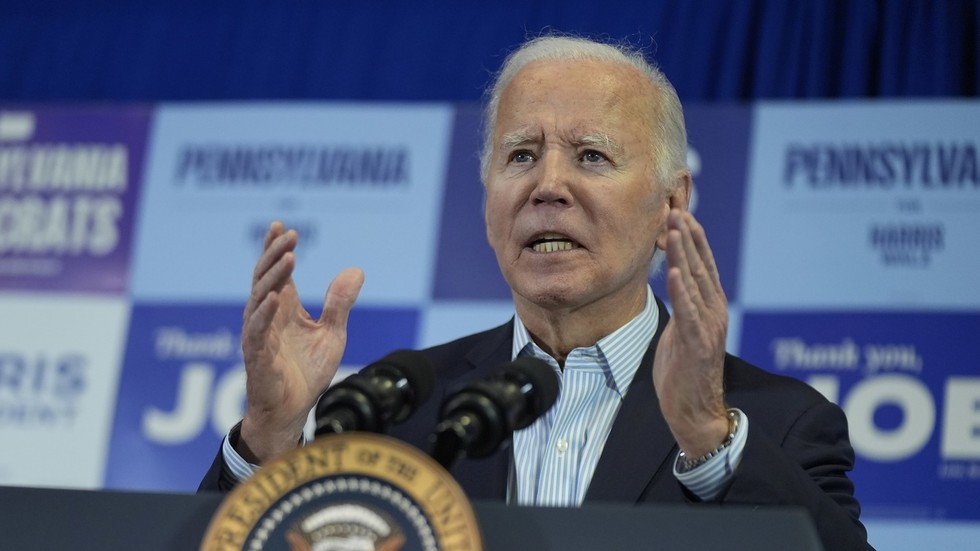
Six Indian Americans have won elections to the House of Representatives, increasing their number from five in the current Congress.
Indian-American lawyer Suhas Subramanyam created history by becoming the first from the community to be elected from Virginia and the entire East Coast. He defeated Mike Clancy of Republican Party. He is currently a
Virginia State Senator
.
There is a possibility that the number of Indian Americans in the House of Representatives could increase to seven as Amish Shah was leading by a slender margin against his Republican incumbent in the first Congressional district of Arizona.
"I am honoured and humbled that the people of Virginia's 10th district put their trust in me to take on the toughest fights and deliver results in Congress," said Subramanyam, who had previously served as a White House advisor to President Barack Obama. He is a Hindu by faith and is popular among Indian Americans nationwide.
He joins the '
Samosa Caucus
' in Congress that currently comprises five Indian Americans - Ami Bera, Raja Krishnamoorthi, Ro Khanna, Pramila Jayapal and Shri Thanedar. All the five existing Indian American members were re-elected to the House of Representatives.
Shri Thanedar was re-elected for the second consecutive term from the 13th Congressional district of Michigan. He won it for the first time in 2023. Raja Krishnamoorthi won the seventh Congressional district of Illinois for the fifth consecutive term. "While the battles for control of the White House and Congress remain close, I am honoured that the people of Illinois' 8th District have extended my contract to represent them in Congress," Krishnamoorthi said.
Ro Khanna, representing California's 17th Congressional District, and Congresswoman Pramila Jayapal, from Washington's 7th Congressional District, also retained their seats in the House. A physician by profession, Dr Ami Bera is the senior-most Indian American Congressman representing the sixth Congressional District of California since 2013. He was re-elected for the seventh consecutive term.
In Arizona, Democrat Shah was slightly ahead of his Republican Party's incumbent David Schweikett. He has 132,712 votes as against his rival's 128,606 votes when 63% of the votes were counted.

 3 hours ago
4
3 hours ago
4









